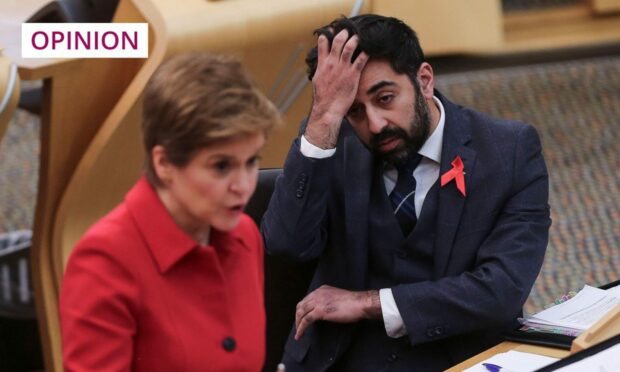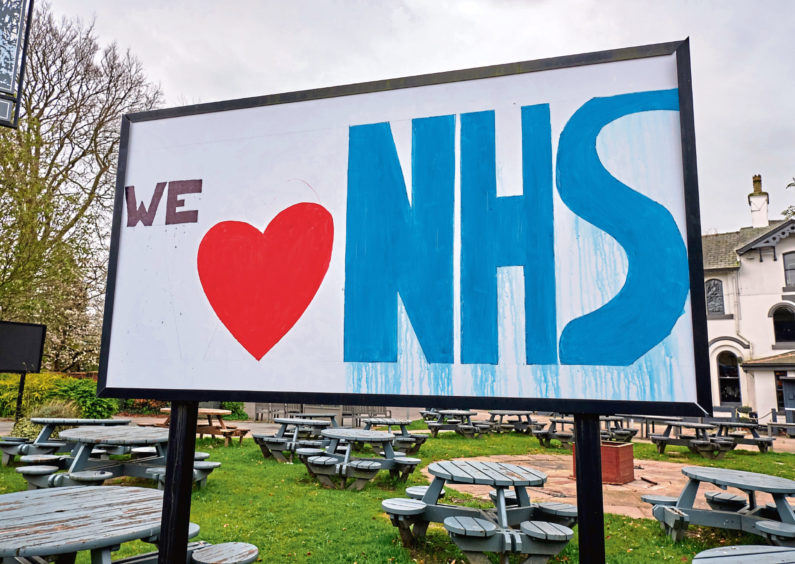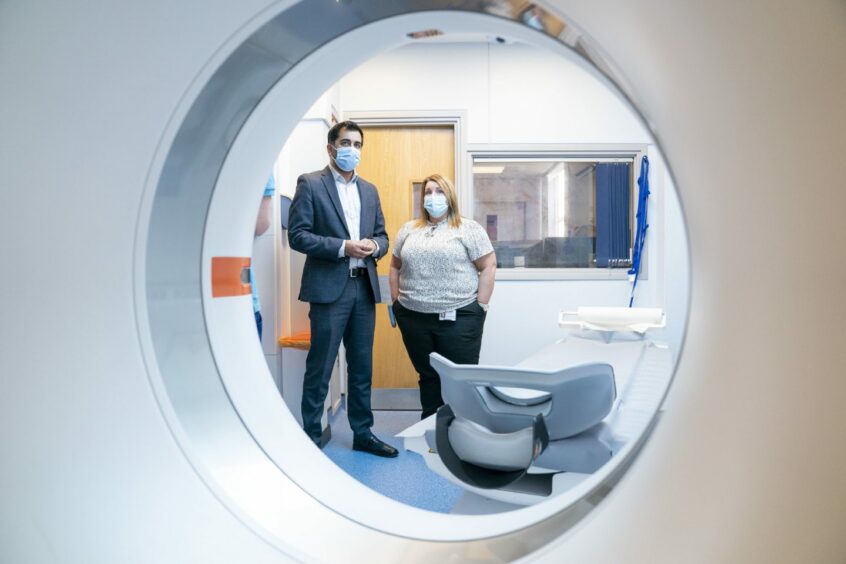The NHS is a jewel in this country’s crown and something of which we can all be proud.
If that fact had not already been established, the incredible response to Covid surely underlined the point and put it in bold.
But the NHS is also a huge – and ongoing – burden on public finances.
And then there is the incredible challenge of making healthcare free at the point of care actually work in reality.
Top NHS brass charged with doing exactly that would come under heavy criticism if they did not challenge wasteful spending, or examine ways in which to promote best practice and ensure the finest possible operational delivery.
But there is a line in the sand with the NHS and it is one that should not be crossed.
Two-tier NHS is ‘a non-starter’
The NHS was set up in the years following the Second World War by Nye Bevan as a universal health service under which care and treatment was provided regardless of financial or social status.
It has been a central tenet of the NHS ever since and one that has served the country well.
That is why a meeting of senior NHS chiefs in Scotland, in which discussions were held over a two-tier health service based on a patient’s ability to pay for care, is so alarming to so many.
First Minister Nicola Sturgeon immediately said the concept was a non-starter, as did Health Secretary Humza Yousaf.
That, to anyone who holds the NHS dear, was a heartening response.
The NHS must be run as efficiently as possible and the greatest value for the taxpayer must be achieved.
But in doing so, the founding principals of an organisation that served this country so well over decades – and been the envy of much of the Westernised world – must not be thrown out.
Our NHS chiefs need the space to form ideas and formulate strategies.
But a two-tier NHS should never be on the table.














Conversation